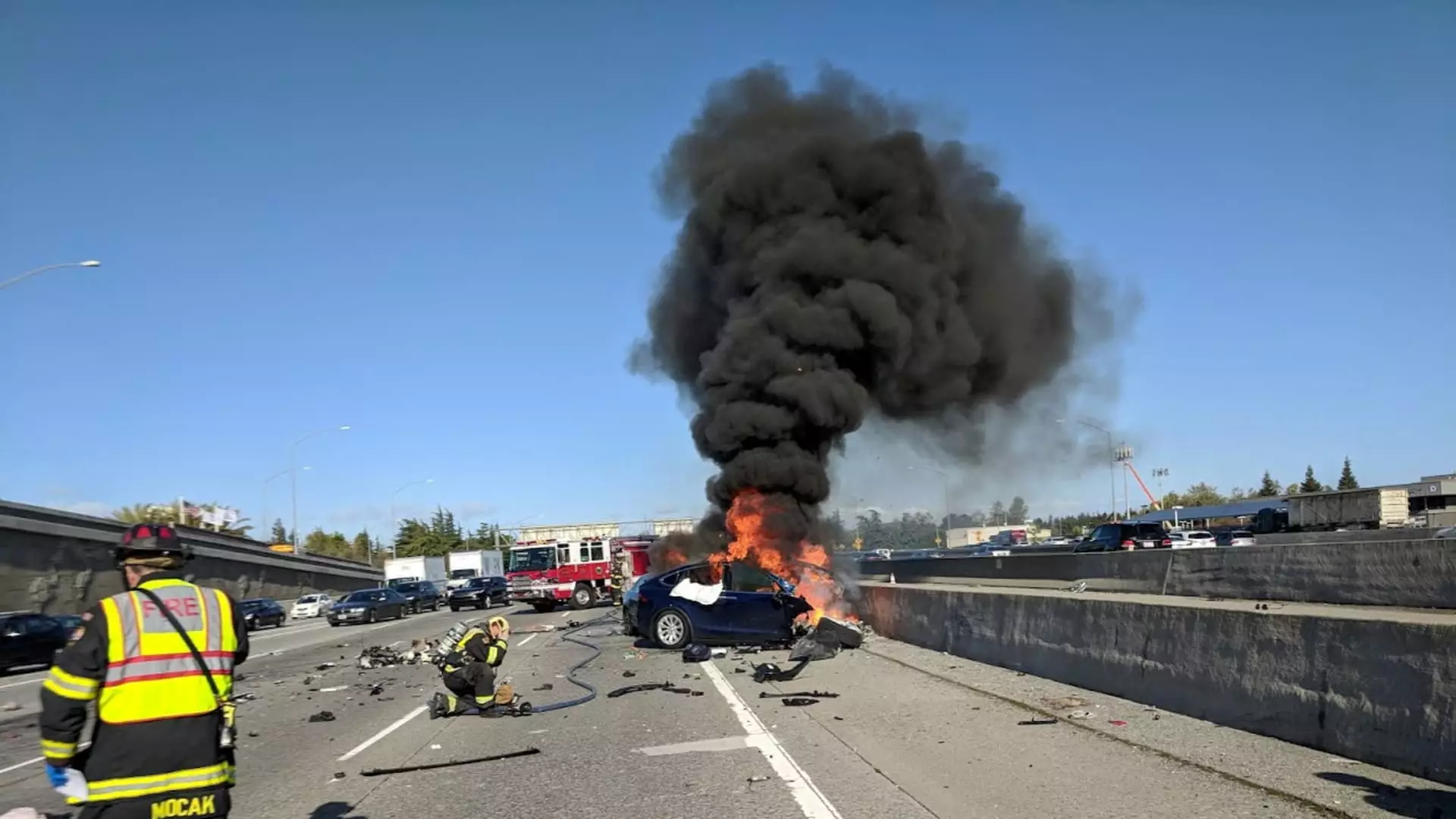Tesla recently settled a wrongful death lawsuit involving Walter Huang, an Apple engineer and father of two, who tragically passed away in 2018 after his Model X SUV, equipped with Autopilot features, crashed into a highway barrier near Mountain View, California.
The National Transportation Safety Board (NTSB) investigated the incident and concluded in 2020 that Tesla’s technology played a role in the collision. They highlighted issues with the forward collision warning system failing to provide an alert and the automatic emergency braking system not activating as the vehicle accelerated into the barrier.
Huang’s family filed a wrongful death lawsuit against Tesla, focusing on alleged safety and design defects in the company’s driver assistance systems. They criticized Tesla’s marketing messages that implied Autopilot made driving safe without the need for constant attention or hands on the steering wheel.
Internal Tesla emails referenced in court filings revealed that company executives and engineers had become complacent while driving with Autopilot or related features active. They admitted to reading emails and checking their phones while the system was engaged, raising concerns about driver responsibility.
The case, known as Sz Huang et al v. Tesla Inc. et al, was set to go to trial in a California Superior Court before the settlement was reached. Tesla’s attorneys argued that Huang was at fault for the crash, suggesting that he was distracted by playing mobile games on his phone while driving.
Impact on Tesla
The fatal crash and subsequent legal actions shed light on Tesla’s safety culture and the effectiveness of its driver assistance systems. The outcome of this lawsuit could have set a precedent for future product liability cases against the automaker, potentially opening the door for more lawsuits from affected parties.
The settlement of the wrongful death lawsuit brought by Walter Huang’s family against Tesla marks a pivotal moment in the ongoing discussion surrounding autonomous driving technology and driver responsibility. While the details of the settlement remain undisclosed, the implications of this case resonate throughout the automotive industry and raise important questions about the role of automation in vehicle safety.



Leave a Reply